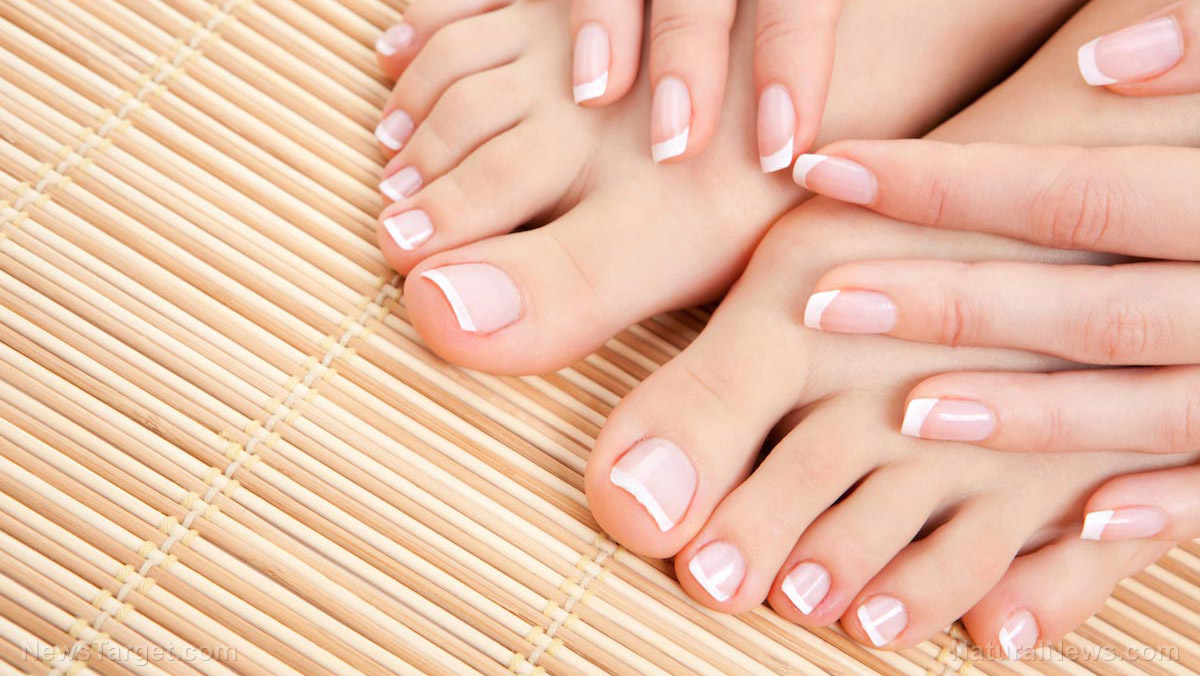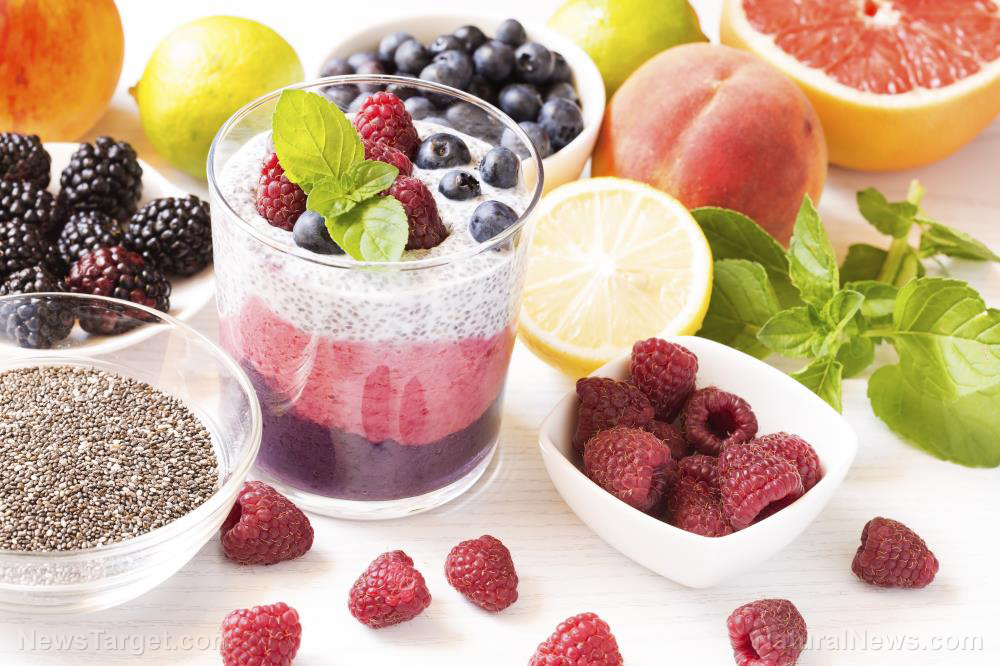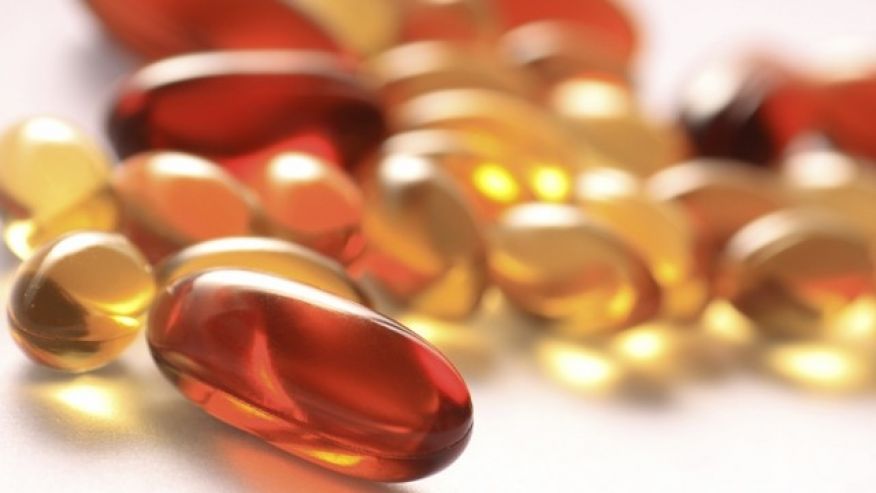Coffee versus matcha: Which gives you better sleep? (Yes, sleep)
05/26/2020 / By Zoey Sky

Coffee and green tea are popular beverages, especially among those who need a pick-me-up to start their day. However, according to an expert, drinking green tea is ideal if you want to sleep better at night.
Caffeine is a stimulant and consuming too many caffeinated drinks can affect your sleep quality. But if you’re a hardcore coffee lover who can’t function without a cup of joe, you may want to switch to green tea, which offers many health benefits.
Benefits of drinking coffee
Drinking coffee offers benefits, such as lowering diabetes risk. Coffee also helps reduce your risk for certain types of cancer and helps promote brain health.
Coffee is full of antioxidants, and it contains the same polyphenols you can find in matcha and other kinds of tea.
But drinking a lot of caffeine may trigger anxiety and aggravate your stress levels. Additionally, caffeine heightens the mental and physical indicators of anxiety such as an elevated heart rate, an increase in blood pressure and an overstimulated mind.
Caffeine keeps you alert until late at night, which can make it hard to fall asleep. Even if you fall asleep, the caffeine in your body keeps you in lighter stages of sleep. This then prevents you from reaching the deep, slow-wave sleep that is essential for restful sleep.
Consuming caffeinated drinks and drinking coffee isn’t particularly bad for you. However, it’s benefits are often enjoyed if you consume coffee moderately.
To make the most out of the benefits of coffee, limit your intake to no more than two eight-ounce cups per day.
Benefits of drinking matcha
Matcha is a form of green tea that’s been ground into a fine powder. Matcha powder is made from the plant Camellia sinensis, which is also the source of other kinds of teas.
However, matcha is grown and processed differently. Unlike C. sinensis plants grown for other types of tea, those grown to make matcha are covered for a couple of weeks in their growth cycle.
When tea leaves are grown in shade, the plants increase their production of chlorophyll. This overproduction of chlorophyll is linked to higher concentrations of biochemical compounds in matcha, particularly polyphenols.
Polyphenols from plants are potent and they offer protective properties.
Ingesting foods or beverages with these compounds offer several health benefits, such as:
- Lowering your blood sugar levels
- Lowering heart disease risk
- Helping protect against cancer
- Promoting healthy digestion
- Improving focus and memory
Regular tea is steeped with hot water and strained, but matcha is combined with water or milk. Matcha contains more nutrients and beneficial compounds because the growing process creates leaves with greater concentrations of the tea plants’ healthy and natural biochemical compounds.
Drinking matcha means you ingest the plant leaves themselves instead of an infusion like when you consume regular tea.
While these benefits include some of the many reasons to add matcha to your diet, you must note that this kind of tea also contains higher levels of caffeine than regular green tea.
L-theanine and why matcha is better for good sleep
Matcha’s sleep-related benefits are due to an amino acid called L-theanine. Tea is full of L-theanine, and matcha has a greater higher concentration of L-theanine than regular green or black tea.
This amino acid promotes alertness and a sense of calm at the same time. If you drink matcha, the beverage helps put you in a state of wakeful relaxation.
Unlike coffee, matcha will reduce stress and anxiety as it improves your focus and concentration.
L-theanine in matcha triggers the production of “calming” neurotransmitters that boost your concentration and mood also promotes restful sleep. The amino acid also reduces “excitatory” neurotransmitters that can make you stressed or anxious.
L-theanine boosts levels of alpha brain waves that are linked to calm alertness and mental focus. Finally, the amino acid can help reduce blood pressure and your resting heart rate. (Related: Does green tea really deserve its health halo? Experts say yes.)
Considerations when drinking matcha
Matcha also contains caffeine. While the stimulant effects of caffeine are reduced in matcha because of L-theanine, they can still affect your overall health.
If you want to consume matcha to take advantage of its focus-enhancing effects, don’t drink your cup of tea immediately after you wake up. When you get up, your body’s own cortisol is already in high gear to help you stay alert and energized.
Wait a couple of hours before enjoying a cup of matcha. This ensures that your cortisol levels are making the first of several dips in the day.
Ideally, you shouldn’t drink caffeinated beverages any later than mid-afternoon if you want to have a good night’s sleep.
Sources include:
Tagged Under: Camellia sinensis, coffee, Green tea, herbal medicine, L-Theanine, matcha, natural cures, natural health, natural medicine, prevention, remedies, sleep, sleep quality
RECENT NEWS & ARTICLES
Natural.News is a fact-based public education website published by Natural News Features, LLC.
All content copyright © 2018 by Natural News Features, LLC.
Contact Us with Tips or Corrections
All trademarks, registered trademarks and servicemarks mentioned on this site are the property of their respective owners.



















